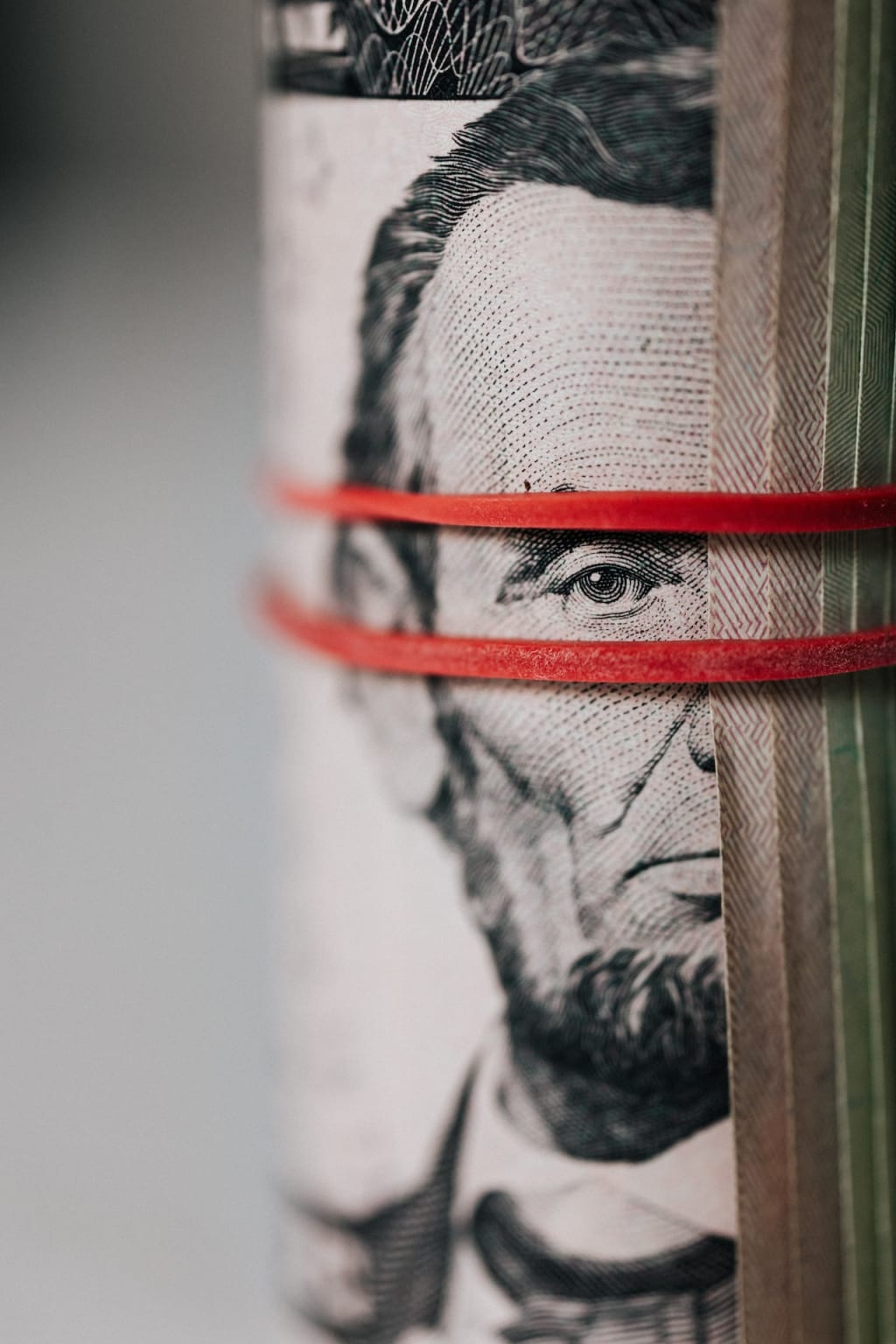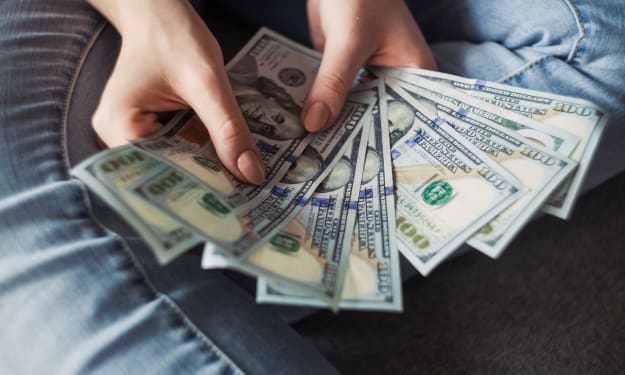The psychology of a recession: Understanding consumer behavior
Exploring the Mindset of Consumers During Economic Downturns: Insights into Fear, Loss Aversion, and Heuristic Decision Making

Recessions can have a significant impact on the economy, and one of the most important factors to consider is consumer behavior. Understanding how consumers react during a recession is crucial for businesses and policymakers looking to mitigate the effects of the economic downturn.
One of the key psychological factors that can impact consumer behavior during a recession is fear. When people are worried about job security, economic stability, and overall financial well-being, they tend to become more cautious with their spending. They may delay major purchases, such as cars or homes, and focus more on necessities rather than luxuries. This can lead to a decrease in consumer spending, which can further exacerbate the economic downturn.
Another psychological factor that can impact consumer behavior during a recession is loss aversion. Loss aversion is the tendency for people to strongly prefer avoiding losses to acquiring gains. During a recession, people may feel that they have already lost a significant amount of wealth, and they may be more reluctant to take on additional financial risk. This can lead to a decrease in investment and a decrease in consumer spending.
One way to mitigate the impact of fear and loss aversion on consumer behavior during a recession is to provide information and reassurance. When people have accurate, up-to-date information about the economy, they are better able to make informed decisions about their spending and investment. Additionally, when people are reassured that the economy is recovering, they may be more likely to feel confident about making major purchases or investments.
Another way to mitigate the impact of fear and loss aversion on consumer behavior during a recession is to provide incentives. During a recession, people may be more likely to make purchases or investments if they feel that they are getting a good deal. This can include discounts, promotions, and other incentives. Additionally, providing incentives to businesses to invest in new equipment, technology, and other resources can also be a way to stimulate economic growth and boost consumer confidence.
Another psychological factor that can impact consumer behavior during a recession is the availability heuristic. The availability heuristic is a mental shortcut that people use to make judgments about the probability of an event based on the ease with which they can recall similar events. During a recession, people may be more likely to recall negative news and events, and they may overestimate the likelihood of negative outcomes. This can lead to a decrease in consumer spending, as people may be more reluctant to take on financial risk.
To mitigate the impact of the availability heuristic on consumer behavior, it is important to provide a balanced perspective on the economy. This can include providing information about positive economic developments and progress being made in addressing economic challenges. Additionally, providing a sense of perspective on the economic downturn can help people to understand that it is a normal part of the business cycle and that the economy will eventually recover.
Overall, the psychology of a recession can play a significant role in consumer behavior. Fear, loss aversion, and the availability heuristic can all lead to a decrease in consumer spending, which can further exacerbate the economic downturn. However, by providing information and reassurance, providing incentives, and providing a balanced perspective on the economy, businesses and policymakers can help to mitigate the impact of these psychological factors on consumer behavior.
In conclusion, the understanding of consumer behavior during a recession is crucial for businesses and policymakers to mitigate the effects of the economic downturn, and also for consumers to make informed decisions about their spending. The psychology of a recession can play a significant role in consumer behavior, such as fear, loss aversion, and availability heuristic, which can lead to a decrease in consumer spending. However, by providing information and reassurance, incentives, and a balanced perspective on the economy, it is possible to mitigate the effects of these psychological factors on consumer behavior.
About the Creator
Shibu Joseph
I'm Shibu Joseph, a writer. Helping people navigate the world with fantasies.






Comments
There are no comments for this story
Be the first to respond and start the conversation.